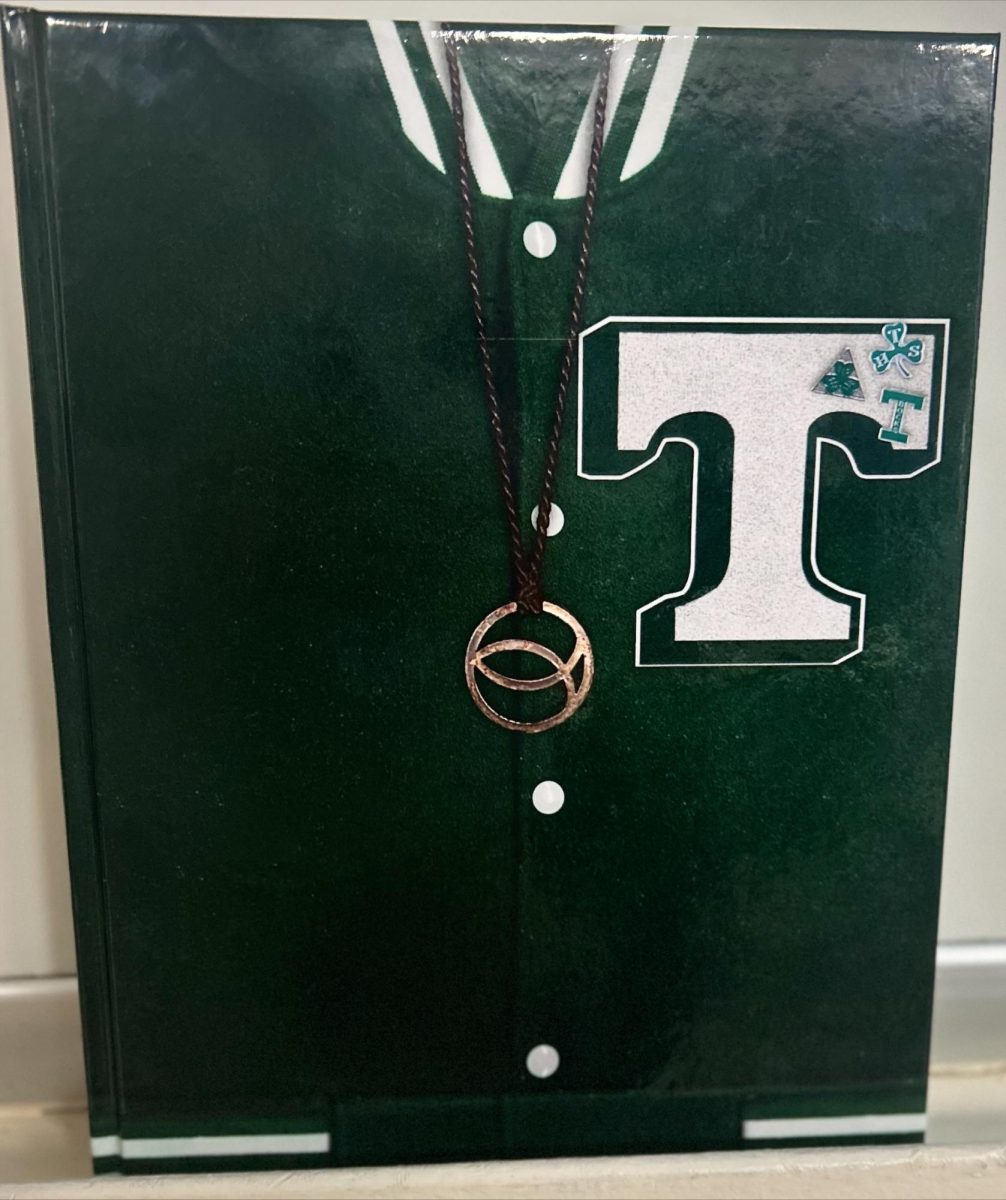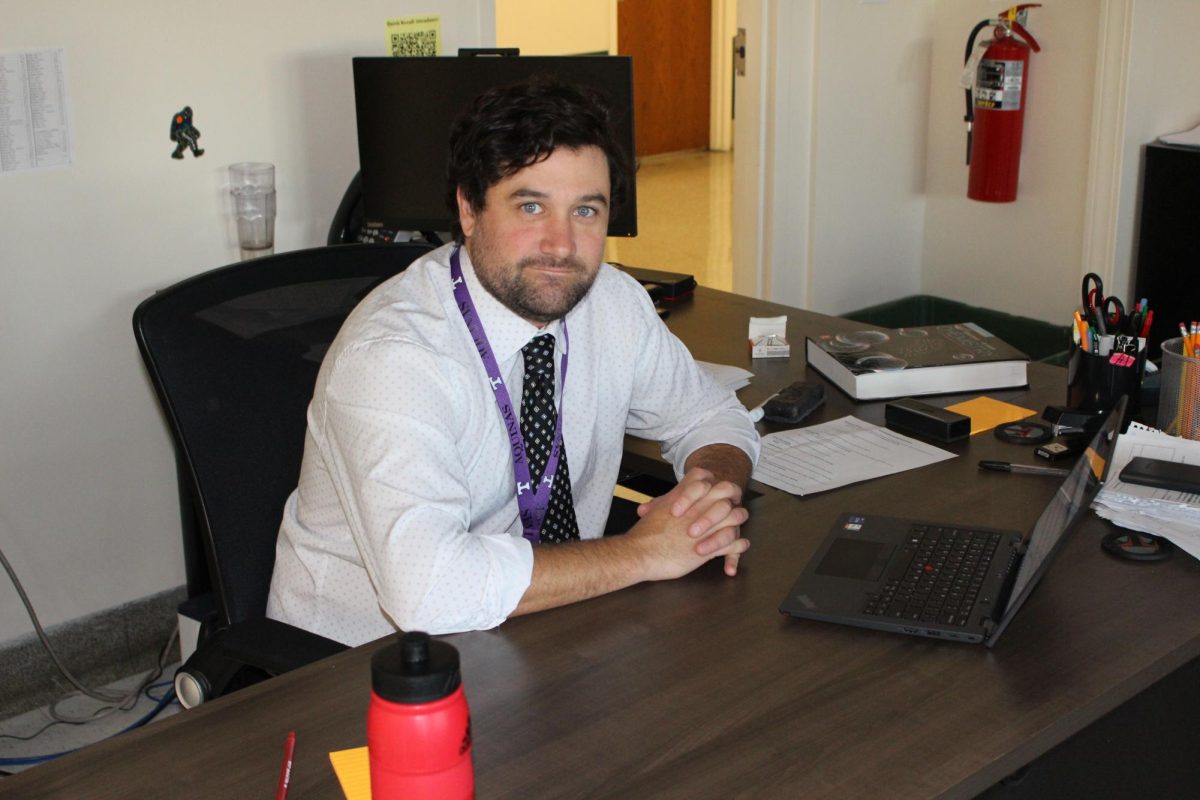Every great story deserves to be retold, as many times and in as many ways as possible. Whether it’s a fan-written continuation of the story, a new spin on an old tale or a simple republishing of a good book, every story that’s been loved by the masses deserves to be shared again and again. It’s how we keep the best tales from being lost to time.
So it comes as little surprise that Sir Arthur Conan Doyle’s Sherlock Holmes has been reimagined multiple times in the 21st century alone, including two movies and two TV series. In case you’ve been living under a rock, Sherlock Holmes is the original consulting detective that uses his vast forensic knowledge and deductive ability to solve crimes the police cannot.
First published in 1887, Doyle’s detective has enthralled people around the world for nearly 130 years. But being set so far in the past presents a problem. How do you keep a story like Sherlock’s relevant? This is the problem that Mark Gatiss and Steven Moffat, co-creators of BBC’s award-winning TV series “Sherlock,” faced.
In a post to BBC’s blog, Gatiss, who also plays Sherlock’s brother Mycroft in the series, described his and Moffat’s love for the original stories, referring to Doyle’s writings as fast-paced and dialogue driven. Holmes and Watson were very modern characters for their time — not old-fashioned like too many of their portrayals over the years. Gatiss and Moffat share the desire of showing Sherlock Holmes to the world in the same way that fans of the original Holmes were exposed to the short stories when they were first published.
“What better way to get back to the roots of these fantastic creations than to make Holmes and Watson living, breathing, modern men just as they had been originally?” Gatiss said in his post.
He acknowledges that it may seem like BBC is defaulting to a reboot of the most filmed character in all fiction, but that is not the case. Gatiss wrote, “To reinvent (Holmes) for a new audience – as well as fans – is not just thrilling and exciting, it’s an honour.”
Veteran fans of the original detective story aren’t unhappy with the outcome of Gatiss and Moffat’s creation. Advanced Program Director Mr. Frank Ward, who teaches the junior AP English class at Trinity, first got into Holmes in his twenties and has been a fan ever since.
“‘Sherlock’ is the best spin on the original story I’ve seen,” Ward said.
Not long after becoming a fan of Doyle’s stories, Ward discovered the Baker Street Irregulars, a fan organization formed in 1934 and named after a group of people in the stories who help Holmes with his cases. Holmes and Watson live on Baker Street. The BSI is a large source for the countless Holmes stories that have popped up in the last century.
“They would publish a fanzine and continued revising and expanding the characters that Doyle created,” Ward said.
“Sherlock” is not the first attempt at recreating Sherlock Holmes for the present. Ward said, “I read one story written shortly after World War II, where Holmes is a part of the Normandy invasion and has only been able to live this long because of a special serum.”
BBC’s “Sherlock” is far more believable in this regard, in that it simply assumes the characters, events and plots of the original stories existed in the 21st century, instead of the 19th.
“The way BBC does the show is a really creative reimagining of the story,” senior Jeremy Gaines said.
The writers for “Sherlock” rework original events and details of the story to better fit modern day. For example, nearly all of the Sherlock Holmes novels and short stories are written from the point of view of Dr. John Watson, who accompanies Holmes on his cases.
Published in magazines, Watson’s writings quickly gained popularity. In “Sherlock,” however, Watson writes for a blog, wherein he shares his stories. As Holmes and Watson begin to solve more and more public crimes, the blog explodes with popularity.
Watson’s character is honored as well. “Watson is too often made into a buffoonish character, when really it was more of a collaboration between the two of them,” Ward said. “I like the back-and-forth we get between Holmes and Watson (in ‘Sherlock’) as they try to figure things out.”
John Watson, played by Martin Freeman, is definitely not a buffoon in “Sherlock” — but he’s also not nearly as knowledgeable as Holmes.
The kind of Sherlock Holmes we get in a film or TV series is often influenced by the actor that plays him.
There’s Clive Brook, who in the 1929 film The Return of Sherlock Holmes coined the phrase “Elementary, my dear Watson!” More recently, there is Robert Downey Jr., whose version of Holmes is a quick-thinking, quicker-talking boxing champion.
Benedict Cumberbatch of “Sherlock” is no exception. One of the reasons “Sherlock” is so relatable to the original stories is that Cumberbatch so much resembles Doyle’s description of Holmes.
“Cumberbatch captures a lot of that obsessive intensity,” Ward said.
Holmes is obsessed with his work and oblivious to anything that doesn’t pertain to it. We can certainly see this side of Holmes in Cumberbatch’s character. He also has a strong sense of British dry humor.
When asked how he doesn’t know that the earth moves around the sun, Cumberbatch says as Holmes in one episode, “So we go around the sun. What does it matter? We could go around the moon or round and round the garden, like a teddy bear, it wouldn’t make any difference! All that matters to me is my work.”
“Sherlock” doesn’t just stay true to the details of Holmes’ world. It parallels the big picture of the originals as well. Doyle’s stories became famous because they could pull readers in and keep them guessing until the very end. The immersive approach in “Sherlock” is enough to get anyone hooked, while the twist at the end of last season had fans anxious for this January, when the final season aired.
Moffat no doubt has something to do with the show’s ability to grip viewers. Moffat is a popular writer for several BBC shows, among them “Doctor Who,” and has an ability to put unexpected twists in his shows.
Gaines said, “I like what Moffat has done with the show. Even though all the episodes are based on books that all the fans have read, he always manages to keep them guessing.”
“Sherlock” could be just one way to tell the story of Sherlock Holmes. But for those who have fallen in love with the show, just like fans of Doyle’s stories fell in love 130 years ago, it might just be the best way to tell the story.
For everything Sherlock, check out the official BBC page
The first two seasons of Sherlock can also be found on Netflix instant watch.








Susan Lococo • Feb 10, 2014 at 4:42 pm
Great job, Ryan!!! I always enjoy reading your articles.